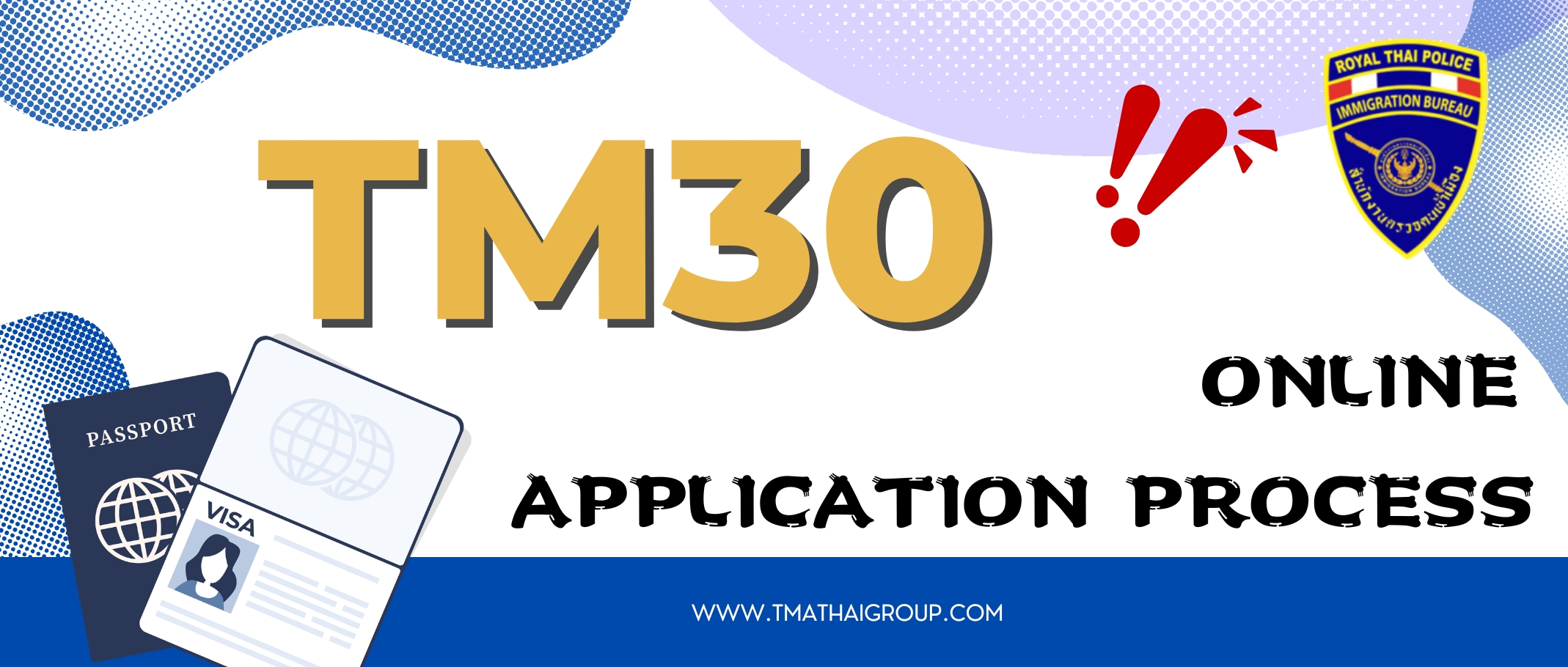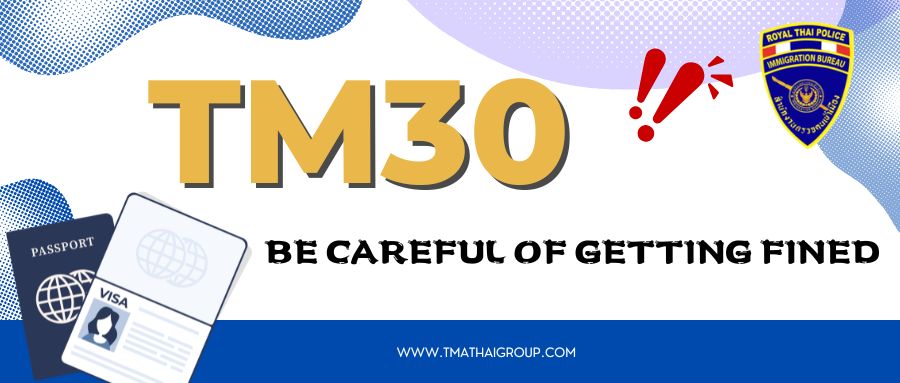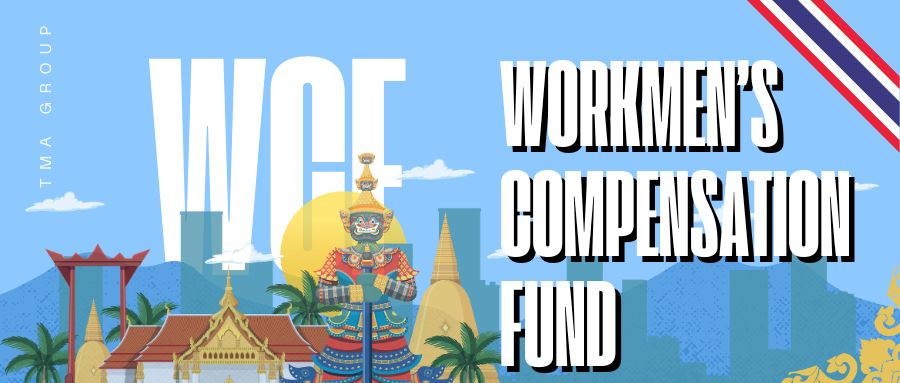Suggestions for companies from other countries to expand into Thailand
About TMA Group
TMA Group is a professional company focusing on local recruitment and corporate consulting in Thailand, dedicated to providing one-stop services including recruitment, financial management, tax disposal, legal consulting, personnel management, etc. for enterprises and individuals. If you need more advice on investment in Thailand, please feel free to contact us.
For businesses from other countries considering expanding to Thailand, there are several factors and strategies to keep in mind. Thailand offers a vibrant economy, a strategic location in Southeast Asia, and various incentives for foreign businesses. However, entering the Thai market requires careful planning and an understanding of the local business environment. Below are some key recommendations for foreign companies seeking to establish themselves in Thailand:
1. Understand the Legal and Regulatory Framework
a. Business Structures
Wholly Foreign-Owned Companies: Foreign investors can own up to 49% of a Thai company, unless the company qualifies for BOI promotion, in which case they can own 100% of the company.
Joint Ventures (JVs): A common structure is a joint venture between foreign investors and Thai partners, especially in sectors where foreign ownership is limited.
Representative Offices: These are suitable for foreign companies that want to explore the market but are not yet ready to fully operate. They can’t conduct commercial activities but serve as liaison offices.
Branch Offices: For foreign companies wishing to establish a direct presence in Thailand, a branch office may be suitable for conducting business activities and generating revenue.
b. BOI Investment Promotion
Consider applying for BOI incentives if your business aligns with Thailand's development goals. This can offer tax exemptions, land ownership rights, and other benefits. Industries such as high-tech manufacturing, digital economy, and renewable energy are often eligible for these incentives.
c. Business Registration and Licenses
Register your business with the Department of Business Development (DBD) under the Ministry of Commerce.
Depending on the type of business, you may need specific licenses or permits (e.g., food, pharmaceuticals, construction). Research what is required for your industry.
2. Conduct Market Research
Before entering the Thai market, thorough market research is crucial for understanding the local demand, competition, and cultural factors:
a. Industry Demand
Assess the demand for your product or service in Thailand. Some sectors like automotive manufacturing, tourism, food and beverage, and technology are robust, but you must analyze your specific industry’s potential.
b. Local Consumer Preferences
Thai consumers may have different preferences from those in your home country. For example, they may value affordability, brand reputation, or quality in distinct ways. Local culture and lifestyle preferences significantly impact purchasing decisions.
c. Competitor Analysis
Investigate your competitors, both local and foreign, and their market share. Understand how they operate and what differentiates them. This can help you identify opportunities or gaps in the market that your business can target.
3. Localize Your Approach
a. Language and Communication
While many people in Thailand speak English, especially in the business community, Thai is the official language. It is advisable to localize your marketing materials, websites, and product packaging to Thai.
Consider hiring Thai-speaking staff or working with local translators to ensure clear communication.
b. Build Relationships
Networking is crucial in Thailand. Building personal relationships with local business partners, government officials, and suppliers is important for gaining trust and fostering long-term cooperation.
Attend industry events and business conferences in Thailand to meet potential partners.
4. Consider the Cost of Doing Business
a. Labor Costs
Labor costs in Thailand are relatively low compared to Western countries, but they vary by industry and region. Ensure you account for wages, social security contributions, and benefits.
The workforce is generally well-educated, especially in urban areas like Bangkok and Chiang Mai, where there is access to skilled labor, particularly in the technology and service sectors.
b. Real Estate and Office Space
The cost of commercial real estate in Thailand can vary widely depending on the location. Areas like Bangkok, Pattaya, and Phuket have higher rental costs than other parts of the country.
Consider whether you need to rent office space, use shared offices, or hire a local distributor.
5. Regulatory Compliance and Taxation
a. Tax System
Corporate Income Tax (CIT): Thailand's standard CIT rate is 20%. If your business qualifies for BOI promotion, you may benefit from tax exemptions or reduced rates.
Value Added Tax (VAT): The standard VAT rate in Thailand is 7%. However, businesses may be eligible for VAT exemptions or refunds if they engage in specific activities (e.g., exporting goods).
Other Taxes: Be aware of other taxes, such as withholding tax, property tax, and excise taxes, which may apply to your business.
b. Import and Export Regulations
Thailand is a member of the World Trade Organization (WTO) and has various free trade agreements (FTAs) with other countries. If you are planning to import or export goods, be sure to understand the tariffs, customs duties, and procedures.
Work with customs brokers to navigate import/export regulations, especially if you are bringing in machinery, electronics, or other complex goods.
6. Leverage Thailand’s Strategic Location
Thailand is strategically located in Southeast Asia, making it an ideal hub for expanding to the wider ASEAN region and other markets in Asia. The country has established strong trade relations with neighboring countries, including Vietnam, Cambodia, and Myanmar.
Logistics Infrastructure: Thailand has well-developed infrastructure, including ports, airports, and road networks, making it easier to distribute products to other countries in the region.
7. Understand the Cultural Norms and Business Etiquette
Understanding the cultural aspects of doing business in Thailand is critical for success.
a. Respect Hierarchy
Thailand has a hierarchical culture, and respect for seniority is important. Ensure that you show respect for local customs, especially when engaging in negotiations or meetings.
b. Building Trust
Thai businesses often prioritize relationships and trust. Building long-term partnerships rather than focusing on short-term profits is important. Be patient and avoid rushing decisions.
c. Etiquette in Meetings
Always show respect by addressing individuals using their proper titles and avoid being overly informal in business settings.
Gift-giving is common in Thai culture, especially during festive periods like Songkran (Thai New Year). It is a thoughtful way to build rapport.
8. Consider Local Talent and Workforce Management
a. Hire Local Talent
Employing local staff helps bridge cultural gaps and gain insights into the local market.
Consider hiring local managers and experts who understand the local business environment, government regulations, and consumer behavior.
b. Training and Development
Invest in training and capacity building to ensure that your employees understand your company’s values, systems, and operations. This can foster loyalty and improve productivity.
9. Monitor Political and Economic Factors
Thailand has a stable economy, but political events or changes in government policies can sometimes impact the business environment. Monitor economic trends, exchange rates, inflation, and regulatory changes that may affect your operations.
Conclusion
Expanding into Thailand presents significant opportunities for businesses, especially in industries like manufacturing, digital services, tourism, and renewable energy. However, successful expansion requires thorough market research, understanding local regulations, and building relationships. By leveraging Thailand’s BOI incentives, strategic location, and favorable economic environment, foreign businesses can tap into the growing ASEAN market.
TMA Consulting Management has been paying attention to the updating of information through newsletters for many years, but we do not assume any responsibility for the completeness, correctness or quality of the information provided. No information contained in this article can replace the personal consultation provided by a qualified lawyer. Therefore, we do not assume any liability for damages caused by the use or non-use of any information in this article (including any kind of incomplete or incorrect information that may exist), unless it is caused intentionally or by gross negligence.













